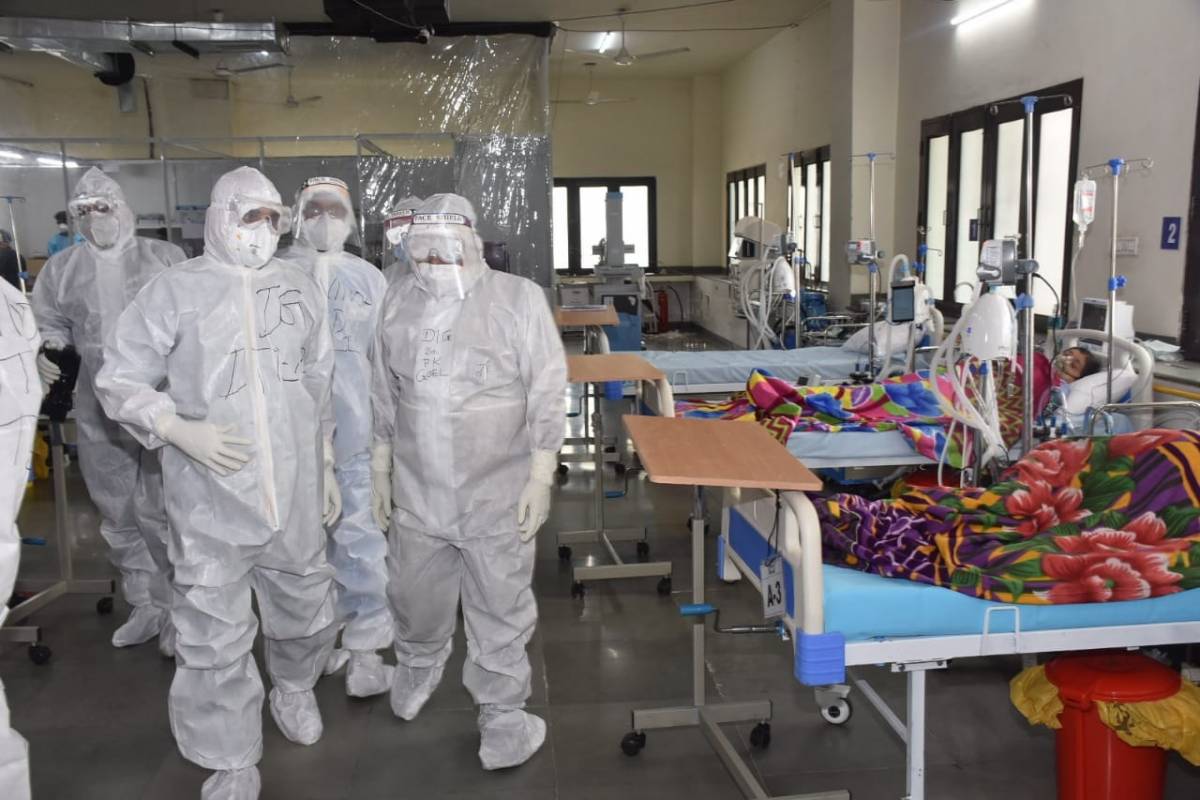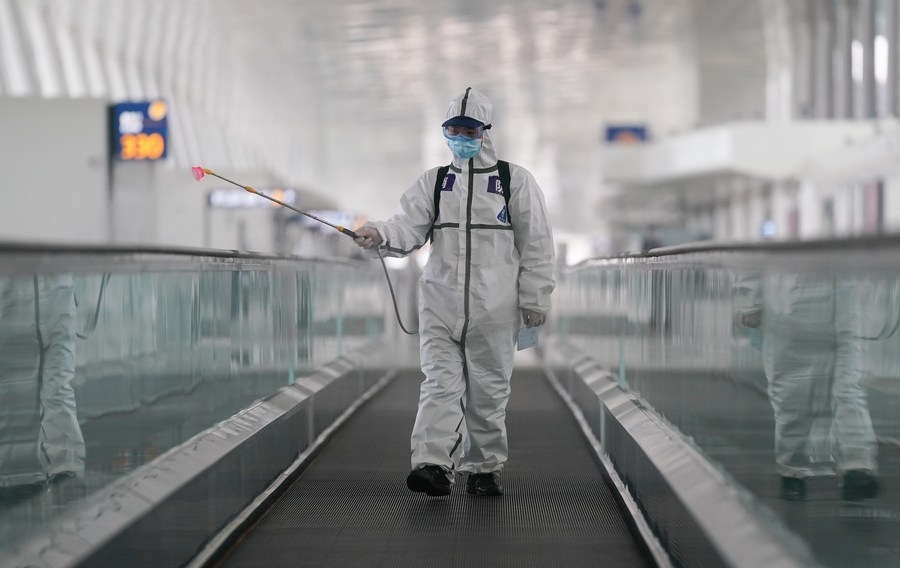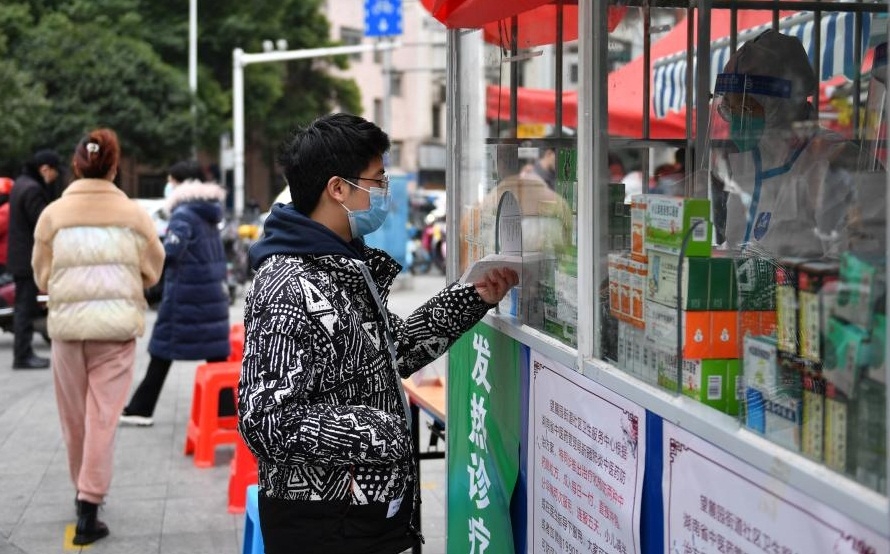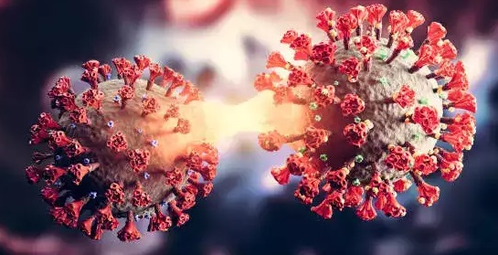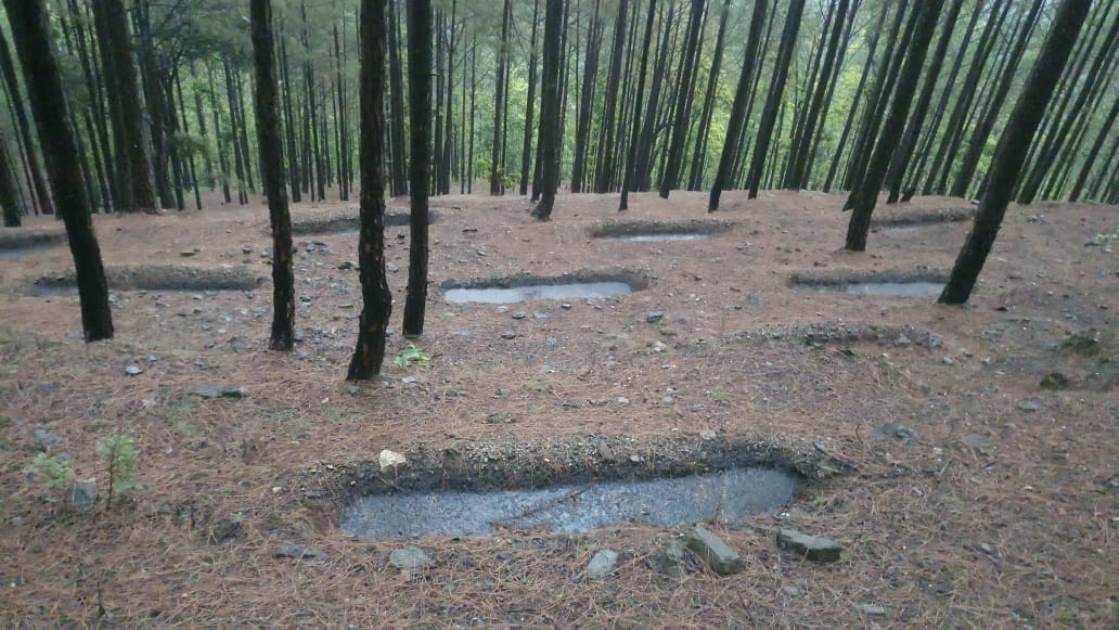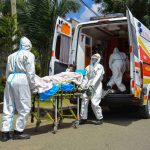Covid-19 BMW is required to be segregated as per Schedule-I of Biomedical Waste Management Rules, 2016…reports Asian Lite News.
As much as 56,898.14 tonnes of Covid-19 bio-medical waste (BMW) was generated between June 2020 and June 2021 in India, as per the data collected by the Central Pollution Control Board (CPCB), the Rajya Sabha was informed on Monday.
This data was collected through an app — COVID-19 BWM — developed by the CPCB to track the generation and disposal of Covid-19 BMW from across the states and Union Territories, Minister of State for Environment, Forests and Climate Change, Ashwini Kumar Choubey, said in a statement in the Upper House in reply to a question by Akhilesh Prasad Singh.
Covid-19 BMW is required to be segregated as per Schedule-I of Biomedical Waste Management Rules, 2016.
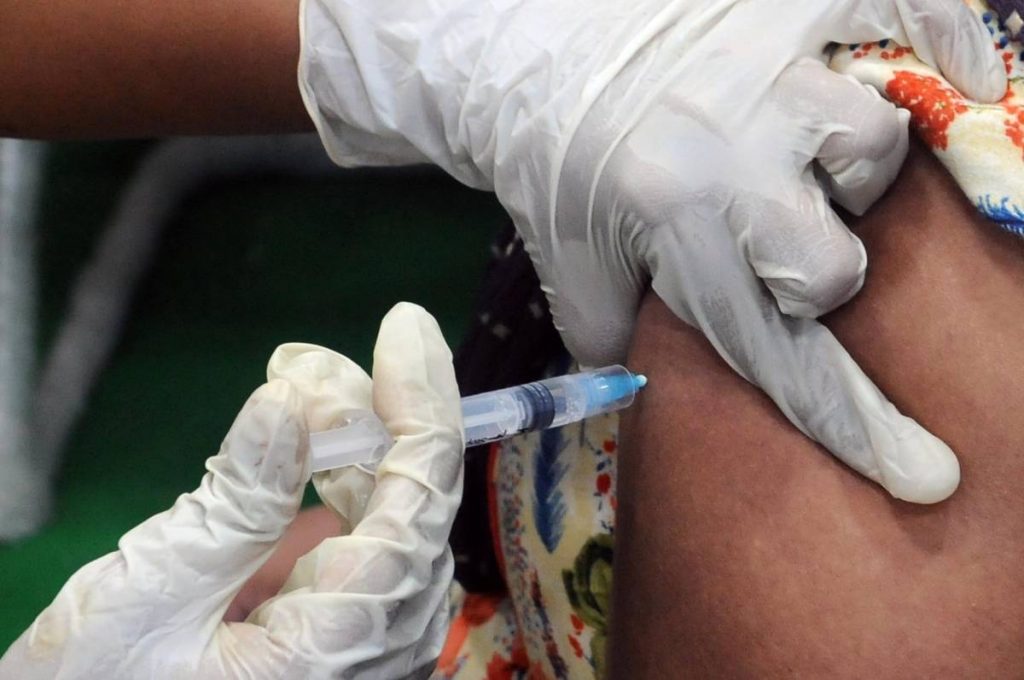
Thereafter, the collected BMW is required to be handed over to the Common Bio-medical Waste Treatment Facility (CBWTF) operator for final treatment and disposal. The CPCB has issued guidelines for ‘Handling, Treatment and Disposal of Waste Generated during Treatment/Diagnosis/Quarantine of COVID-19 Patients’ under the provisions of BMWM Rules, 2016.
Smaller states and UTs such as Andaman and Nicobar Islands, Arunachal Pradesh, Goa, Lakshadweep, Mizoram, Nagaland and Sikkim do not have CBWTF, the data revealed.
In all, 202 plants have the capacity to process about 1184.8 tonnes BMW per day, it added.
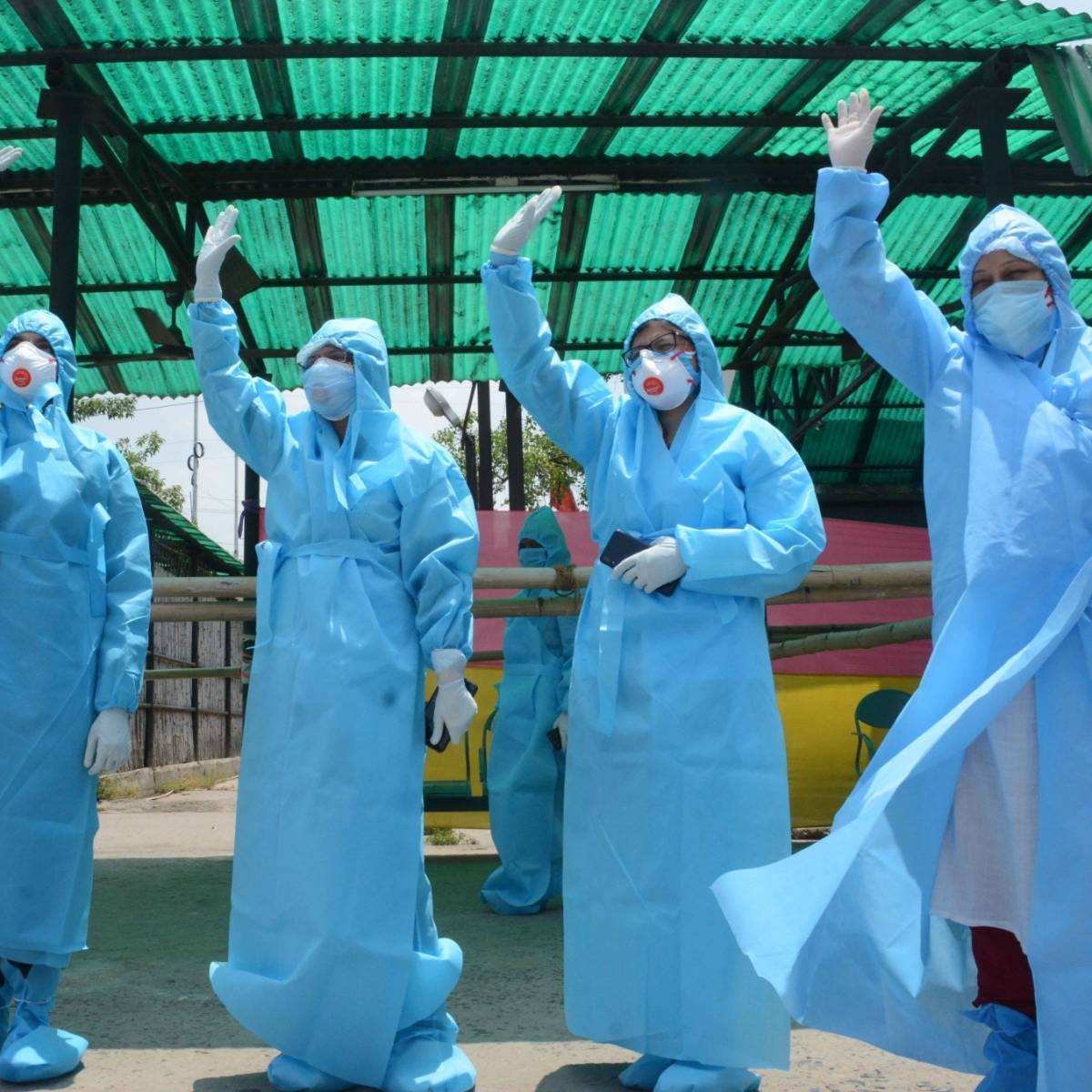
The top ten states contributed 72% of total COVID-19 waste between June and December 2020. This quantity was added to the regular BMW generation, said a study, “Assessment of bio-medical waste before and during the emergency of novel Coronavirus disease pandemic in India: A gap analysis.” It published in Waste Management & Research, journal of Sage.
India has generated over 32,996 tonnes of COVID-19 waste in the first wave. This huge amount of waste of medical and non-medical equipment such as PPE kits, masks, gloves, cotton swabs, and shoe covers, needles, syringes, said Rahul Rajak and Jitender Prasad, doctoral students of International Institute for Population Sciences (IIPS), Mumbai, Ravi Kumar Mahto, associate fellow, Delhi Assembly Research Centre, and Aparajita Chattopadhyay, professor, IIPS, authors of the study.


